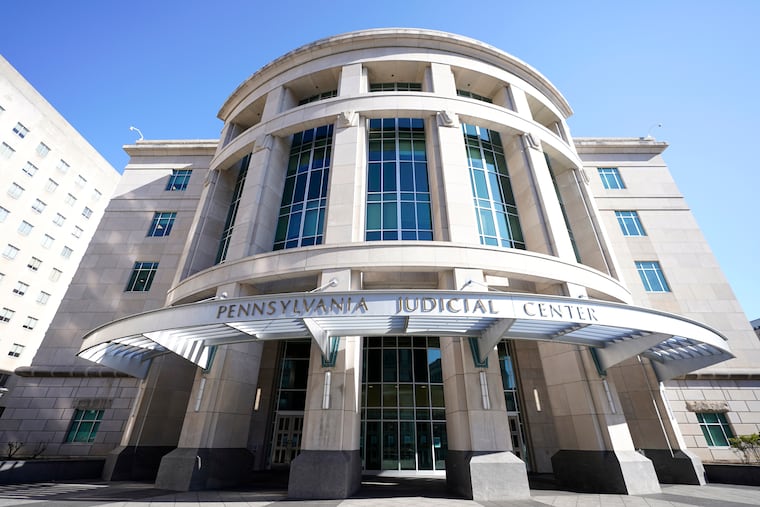Commonwealth Court ruling is a massive win for education choice advocates
The only way to ensure adequate and equitable funding to schools is to have education funding follow the child, not the school district.

After a more than eight-year slog, the Pennsylvania Commonwealth Court affirmed what the Pennsylvania Constitution has said all along: Kids deserve their education to be about a “meaningful opportunity,” not a flawed and antiquated system.
The ruling is a victory, especially for school-choice advocates, many of whom are parents of color, looking to help their children get out of failing district schools. When Commonwealth Court Judge Renée Cohn Jubelirer issued her ruling last week, she gave our most vulnerable children a path forward. The only way to ensure adequate and equitable funding to schools is to have education funding follow the child, not the school district.
The Pennsylvania education system is flawed — that much we can all agree on. The 2014 lawsuit alleged that the state’s system of determining school funding deprives students in poorer districts of opportunities and resources. The court agreed.
In doing so, the court made a critical point that deserves praise; it stopped short of massive judicial overreach and instead rightly highlighted what the state constitution has stated since 1873 — that the power to fix this problem rests with the legislature.
And in directing the people’s elected representatives to fix the problem, Judge Jubelirer took a bold stance, writing: “The options for reform are virtually limitless. The only requirement, that imposed by the Constitution, is that every student receives a meaningful opportunity to succeed academically, socially, and civically.”
The Pennsylvania Constitution calls for an “efficient system of public education.” Nothing is more efficient than the free market, and that’s what we would be creating in Pennsylvania if we follow the judge’s ruling.
If our state really wants to empower communities of color, then it should give money directly to parents and caregivers. By putting money directly into the hands of families — rather than into government schools run by bureaucrats, where funding tends to benefit administrators rather than students — parents have more options and children have more opportunities.
And that is, at its core, what this is about: more opportunity, more agency, and more chances for children living in poverty to flourish.
There is a great mythology in America that more spending will lead to greater results. But even advocates for funneling more dollars into a government-run system that consistently fails to help the most vulnerable must concede that more money does not lead to a change in results.
In 2016, Stanford economist Eric Hanushek found that increases in education spending in the United States do not lead to significant improvements in academic outcomes. Look no further than Pennsylvania district schools to see that play out in real time. Pennsylvania school district spending per student increased to $19,900 in the 2020-21 school year, according to an analysis by the Commonwealth Foundation, exceeding national averages for local, state, and federal per-pupil spending on public schools and ranking eighth in the nation for total per-student public school funding.
And here are the results: In the spring of 2022, only 16.2% of students in the Philadelphia School District in third through eighth grades scored proficient or better in math on the Pennsylvania System of School Assessment, down from 21.6% in 2019. In English language arts, only 34.7% of students in those grades were proficient or better. Even accounting for learning loss in the pandemic, these numbers are astounding.
The real solution — one that benefits students — would be for Democrats like Gov. Josh Shapiro to follow up on his campaign promise to support the “Lifeline Scholarship” bill, which would give kids a lifeline out of failing schools and give decision-making rights to their parents. Shapiro has the backing thanks to last year’s historic House passage of the bill. State lawmakers must come together in support of Lifeline Scholarships, and they should increase the Educational Improvement Tax Credit Program and the Opportunity Scholarship Tax Credit Program, giving all Pennsylvania students the opportunity to succeed.
The court’s ruling opened the floodgates to parental action. As Judge Jubelirer attested, “the options for reform are virtually limitless.” Parents can now sue the state to leave the failing schools they’re arbitrarily zoned into or to push for all school districts to be abolished, eliminating our reliance on property taxes for school funding.